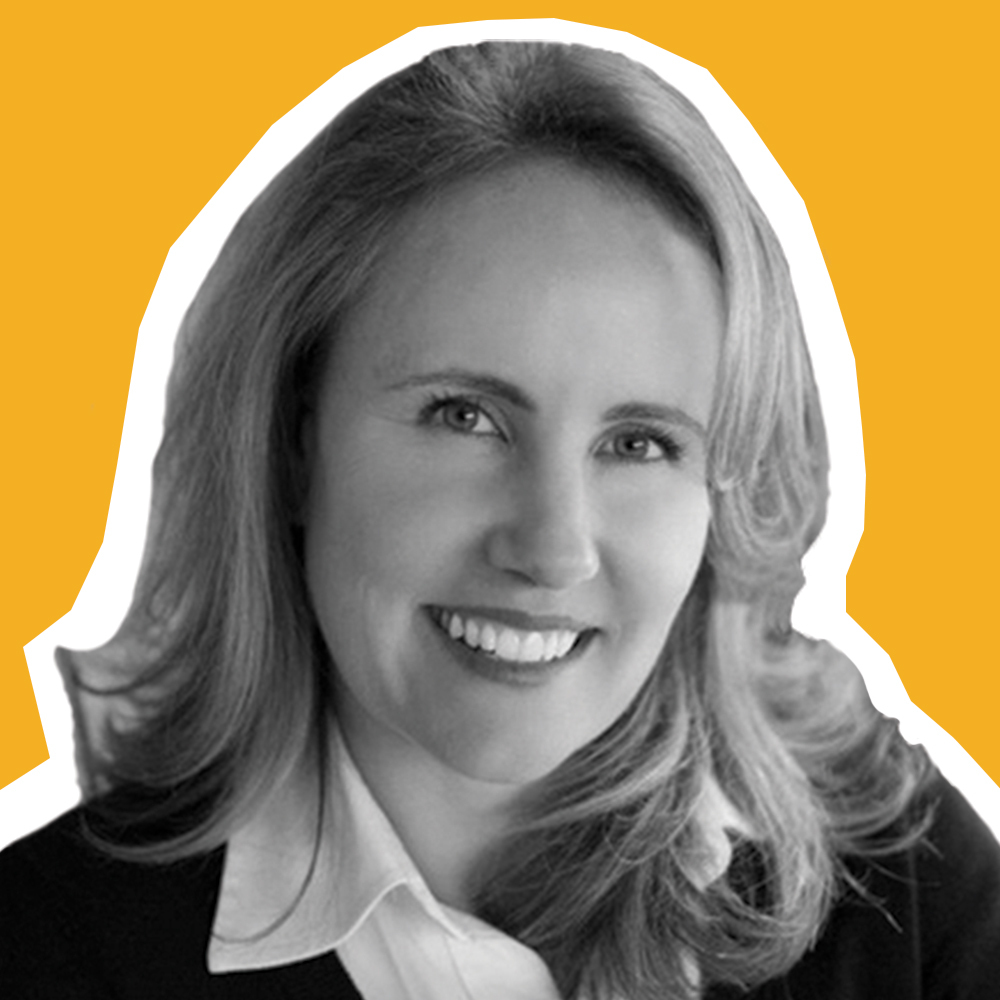As a Black woman and business leader in global marketing, I’ve seen firsthand how diversity and inclusion practices can affect positive change, both during my time at Ford Motor Company and now at Facebook.
Unfortunately, many industries have been slow to evolve when it comes to including and uplifting employees from marginalized groups, particularly women of color. Despite so many companies’ well-intentioned plans to build more diverse workforces, foster cultures of inclusion and establish equitable business practices, there’s often little execution, which means many people end up getting left behind. Many business leaders want to wait for the right opportunity to take action. But the truth is there is no perfect time. The key to making progress is starting with what’s right in front of you.
That’s exactly what Anne Chow, CEO of AT&T Business and author of The Leader’s Guide to Unconscious Bias, has done throughout her career, which is why I sat down to speak with her about leading with inclusivity and equity.
Crystal Worthem: What started you on the journey to becoming a champion for diversity, equity and inclusion?
Anne Chow: I’m a second-generation American. Growing up, I wasn’t fully American or fully Asian. I sat somewhere in the middle and I encountered an immense amount of discrimination and bullying. When I entered the workforce, I realized many of the patterns I experienced as a child existed in the work environment, too. I started at AT&T straight out of business school in a very technical role as a network architect. There weren’t a lot of women around, let alone women of color.
So, there were a lot of struggles. But I realized one of the keys to my success was embracing my diverse background as part of my superpower. It became a big part of who I am as a leader, too. I’ve always been attuned to the needs of people, and I value my relationships above all else.
That is so crucial. There’s no real success without your team feeling individually successful, and that means understanding each person’s unique strengths and needs. What are some of the programs you’ve implemented at AT&T to support equity and equality?
We have, in my humble opinion, the world’s best network of employee groups and employee resource groups at AT&T. I became an executive sponsor of several of them, but I also realized there were holes we needed to fill. That’s why I started AT&T Women in Business, which now has almost 5,000 members globally.
About five years ago, I started to see a trend of women of color being left behind in the workplace, largely because they have unique needs that don’t get addressed when you simply focus on gender issues. The fact is that women of color experience a much more significant emotional tax in the workplace because of things like microaggressions and bias.
One of the keys to my success was embracing my diverse background as part of my superpower.
Anne Chow, AT&T Business
So, I was determined to create a program focused not only on supporting and advancing women of color, but on educating and involving their supervisors as well. The program really speaks to AT&T’s deep commitment to D&I. I haven’t seen anything else like it.
AT&T has sustained a commitment to spending with Black-owned businesses for nearly 52 years. You’ll reach your commitment to spending $3 billion with U.S. Black-owned suppliers by the end of this year. Why is this important to you?
AT&T has long been a leader in supplier diversity. And we have recognized that we all have to do our part to lift up businesses. There’s no question that Black-owned businesses are a growing demographic, but these businesses encounter incredible struggles, whether it’s in terms of funding or support.
Supporting Black-owned companies is so important because it’s one way to help combat systemic racism and biases. We have also found that our Black-owned suppliers represent a big opportunity for high-caliber services. We hope other companies follow suit, not only because it’s the right thing to do but because it’s simply good business.
Intentional support can make a massive difference. That’s how our #BuyBlack Friday campaign—which encourages people to shop from Black-owned businesses every Friday—got started. What advice would you give other leaders who want to inspire greater action toward business equality?
First, use data to find out where you’re at. And not just at a company level—you have to look at it by organization. It’s not just gender or ethnic data. Look at generational data, educational data, whatever data you have. Then, compare that data to your industry and the larger population to see if there are any red flag areas. I’m a strong believer that you cannot improve what you cannot measure.
Second, you have to tackle your own unconscious biases. If you start with yourself, you’ll begin to recognize where your unconscious biases sit and where they’re detrimental to your decision-making. Then identify where there may be gaps in your processes or gaps in others.
Thank you, Anne. Getting started can feel daunting, but if you focus on controlling what’s in your sphere of influence, you can have a really incredible impact.



































































